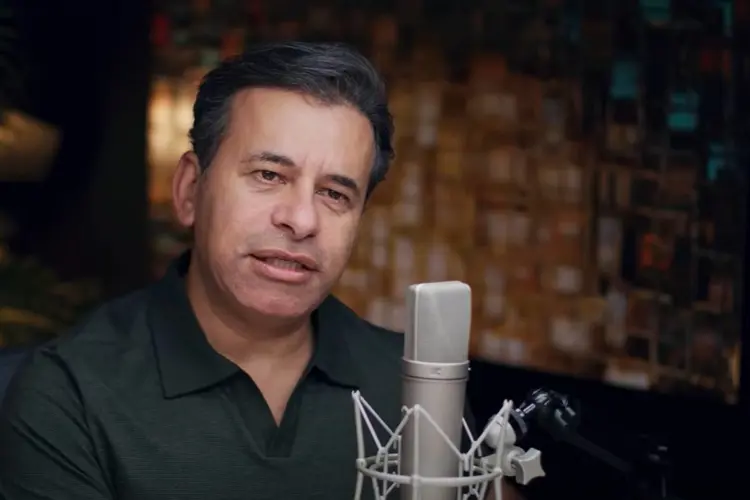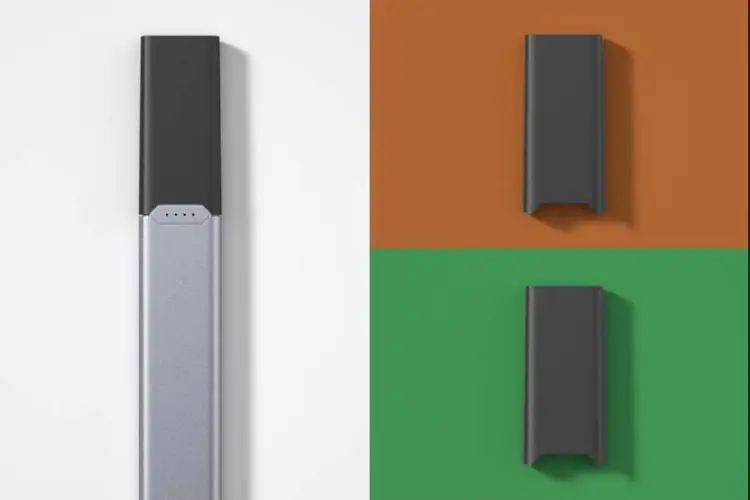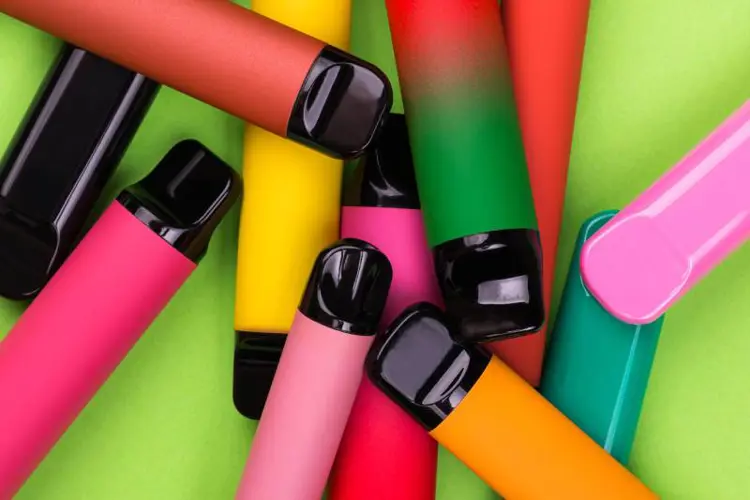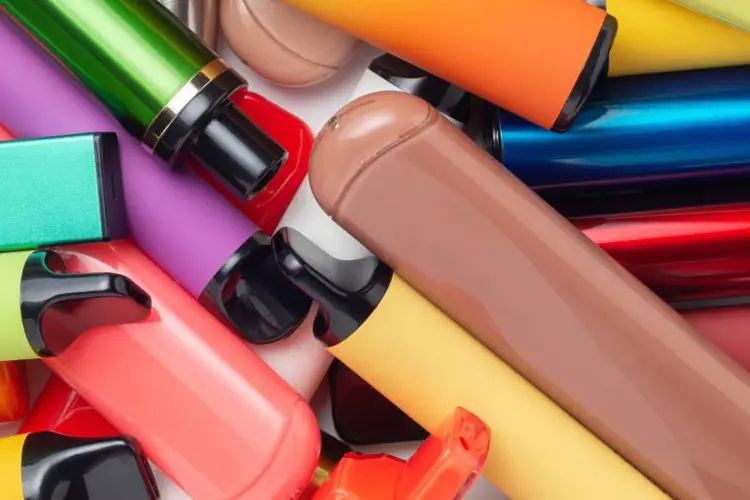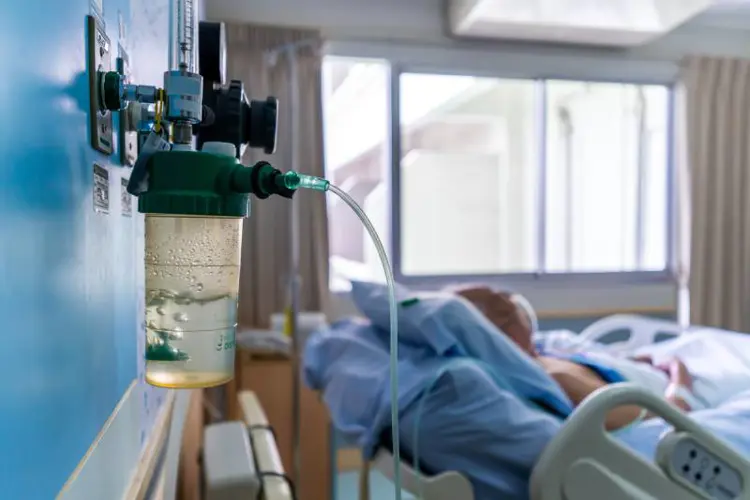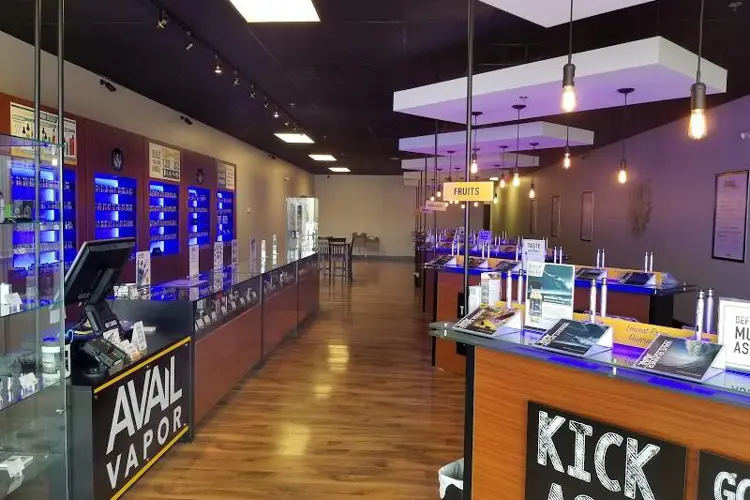Small vaping manufacturers hoping to remain on the market beyond Sept. 9, 2021 are scrambling to begin the serious work of testing their products, so they’ll be able to show the FDA they’re making a good-faith effort toward completing the PMTA requirements.
The FDA has discretion to grant case-by-case exemptions from enforcement to manufacturers “for good cause.” Many believe that showing evidence of progress toward completing the testing requirements will earn a temporary reprieve from FDA enforcement.
Applicants that are serious about remaining on the market face major challenges completing the complex and expensive evaluations required of their products—including stability testing, toxicology reports, behavioral studies and HPHC testing.
HPHC is FDA shorthand for “harmful and potentially harmful constituents,” and refers to substances in e-liquid that might pose health concerns. The cost of HPHC testing has been a major hurdle for small manufacturers—more than $20,000 per e-liquid at a typical lab using the standard testing method. That’s out of reach for most small businesses with dozens (or more) of flavors that will require testing.
AVM’s new process makes HPHC testing affordable
The founders of the American Vapor Manufacturers Association (AVM) have created a much less expensive alternative HPHC testing method that costs just five to ten percent as much as standard testing. It’s a proprietary process, but is available to all AVM members.
AVM was created soon after the Sept.9, 2020 deadline for PMTA submission. Founders (and current AVM officers) Amanda Wheeler and Char Owen are small vape business owners who were looking for ways to simplify the complex PMTA processes for themselves and other small companies. Owen built a Facebook group that essentially served as a PMTA factory, standardizing most paperwork submissions and allowing even the smallest manufacturers to submit an acceptable bare-bones application. More than 200 used her system to submit applications.
The organization currently has 83 members—a significant chunk of the approximately 500 small manufacturers that remain in the hunt for PMTA approval. According to AVM president Amanda Wheeler, others are planning to join soon. A huge selling point for AVM will be the availability to members of the organization’s low-cost HPHC testing.
Even adding the price of AVM membership—which itself is quite low—to the cost of testing, it is much, much less expensive than testing at labs unaffiliated with AVM. The association has two labs that are able to do the work—one of which was involved in successful PMTAs for IQOS and Swedish Match snus products. The labs will have master files available to participating AVM members to validate the testing process for FDA PMTA reviewers.
How does AVM's pooled HPHC testing work?
The process was developed by scientists consulted by Wheeler and Owen, and is based on methods used in other fields.
“The FDA has accepted this method in other areas," Wheeler told Vaping360. “For example, it’s used a lot in pharmaceutical and medical applications.” In a listening session with the agency, FDA scientists seemed receptive.
Here’s how it works:
Manufacturers can test anywhere from five to 10 products at a time. For our example we’re going to use seven e-liquids because that’s the number of test repetitions that FDA asks for, and it makes the explanation simpler.
The extracted vapor from the seven e-juices is combined into a single composite sample, and seven repetitions of the test are done. In each series of seven, one of the seven liquids being tested is left out of one repetition. At the end, a scientist analyzing the results uses statistical wizardry to measure the HPHCs based on what's in the six reps that include a particular liquid and what isn't in the one it was excluded from.
“FDA seems to want to handle this one company at a time. I think they’ll take each applicant’s plans and obstacles into account.”
“In these trials,” Wheeler said, “we’re testing the same liquids both ways—the old-fashioned way of doing them individually, and the new pooled method—and we’re comparing the results.”
The results were comparable, Wheeler said, which validates the effectiveness of the pooled testing. Because the comparison tests are part of the master file submitted to the FDA, AVM members don’t have to repeat them to show the FDA that the process works.
In the most recent round of validation testing, Labstat—AVM’s partner lab in Kitchener, Ontario—went a step further. “We threw everything at this one,” says Wheeler, “including a wide variety of flavors and one sample spiked with formaldehyde.” The preliminary results were what they had hoped for.
Wheeler says they’re using extracted vapor for HPHC testing, rather than testing both the vapor and the bottled liquid, because in the deficiency letters they’re seen so far, the FDA only seemed concerned with the vapor testing. Besides, says Wheeler, “If the FDA really needs that liquid data, we can come back and do it later. The aerosol data gives you more information about what actually goes into the lungs.”
Will small manufacturers survive beyond Sept. 9th?
HPHC testing is just the first of the expensive tests that e-liquid manufacturers will have to complete if they want their PMTAs to receive serious consideration. Those with no plan for completing that work are unlikely to survive (legally) beyond Sept. 9—and some observers don't think any company that hasn't done testing will make it past that deadline.
But some vape industry insiders believe the FDA will grant “case-by-case” exceptions to small manufacturers that communicate with the agency and show a concrete plan for finishing the remaining tasks.
Amanda Wheeler is in the second camp. She believes the FDA will be lenient toward manufacturers that have been forthright explaining their progress to the federal regulators. And she and Char Owen are constantly seeking solutions that will put all of those processes within reach of small manufacturers.
The AVM leaders are relentlessly optimistic, but they’re also not allowing themselves to slow down long enough to consider the possibility of failure. If you talk with her for any length of time—even about the FDA—it’s hard not to be infected with Amanda Wheeler’s positive outlook.
“FDA keeps saying it’s going to be on a case-by-case basis,” Wheeler told us. “Obviously, if someone submitted a PMTA and they haven’t had any communication with FDA indicating a plan to do more, they’re probably not serious.
“But companies that have communicated with the FDA and showed a willingness to make progress toward completing the process, I think FDA will work with them. FDA seems to want to handle this one company at a time. I think they’ll take each applicant’s plans and obstacles into account.
“In my experience,” she says cheerfully, “FDA has actually been pretty reasonable.”
The Freemax REXA PRO and REXA SMART are highly advanced pod vapes, offering seemingly endless features, beautiful touchscreens, and new DUOMAX pods.
The OXVA XLIM Pro 2 DNA is powered by a custom-made Evolv DNA chipset, offering a Replay function and dry hit protection. Read our review to find out more.
The SKE Bar is a 2 mL replaceable pod vape with a 500 mAh battery, a 1.2-ohm mesh coil, and 35 flavors to choose from in 2% nicotine.
Because of declining cigarette sales, state governments in the U.S. and countries around the world are looking to vapor products as a new source of tax revenue.
The legal age to buy e-cigarettes and other vaping products varies around the world. The United States recently changed the legal minimum sales age to 21.
A list of vaping product flavor bans and online sales bans in the United States, and sales and possession bans in other countries.











